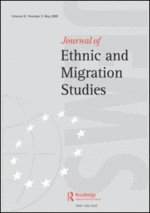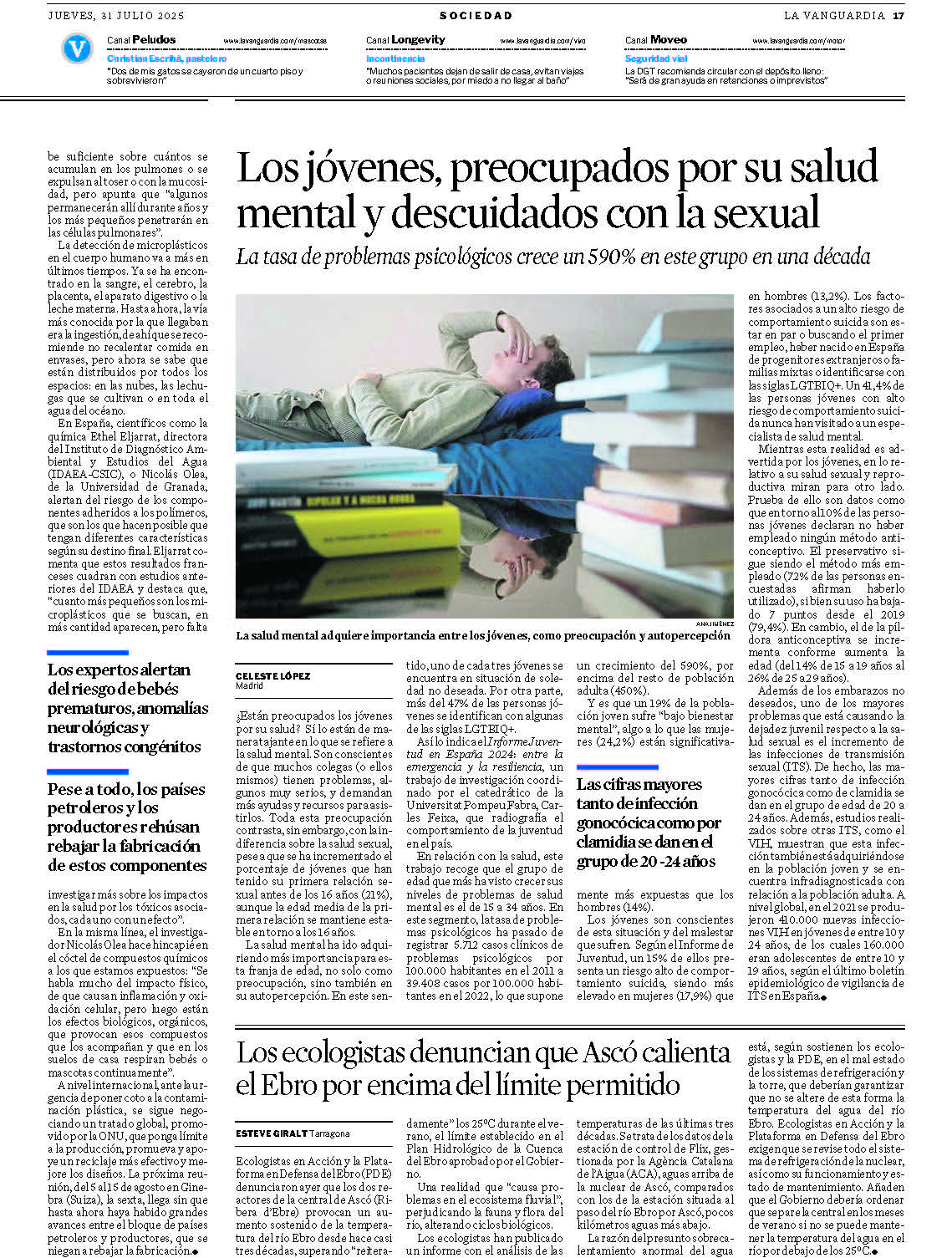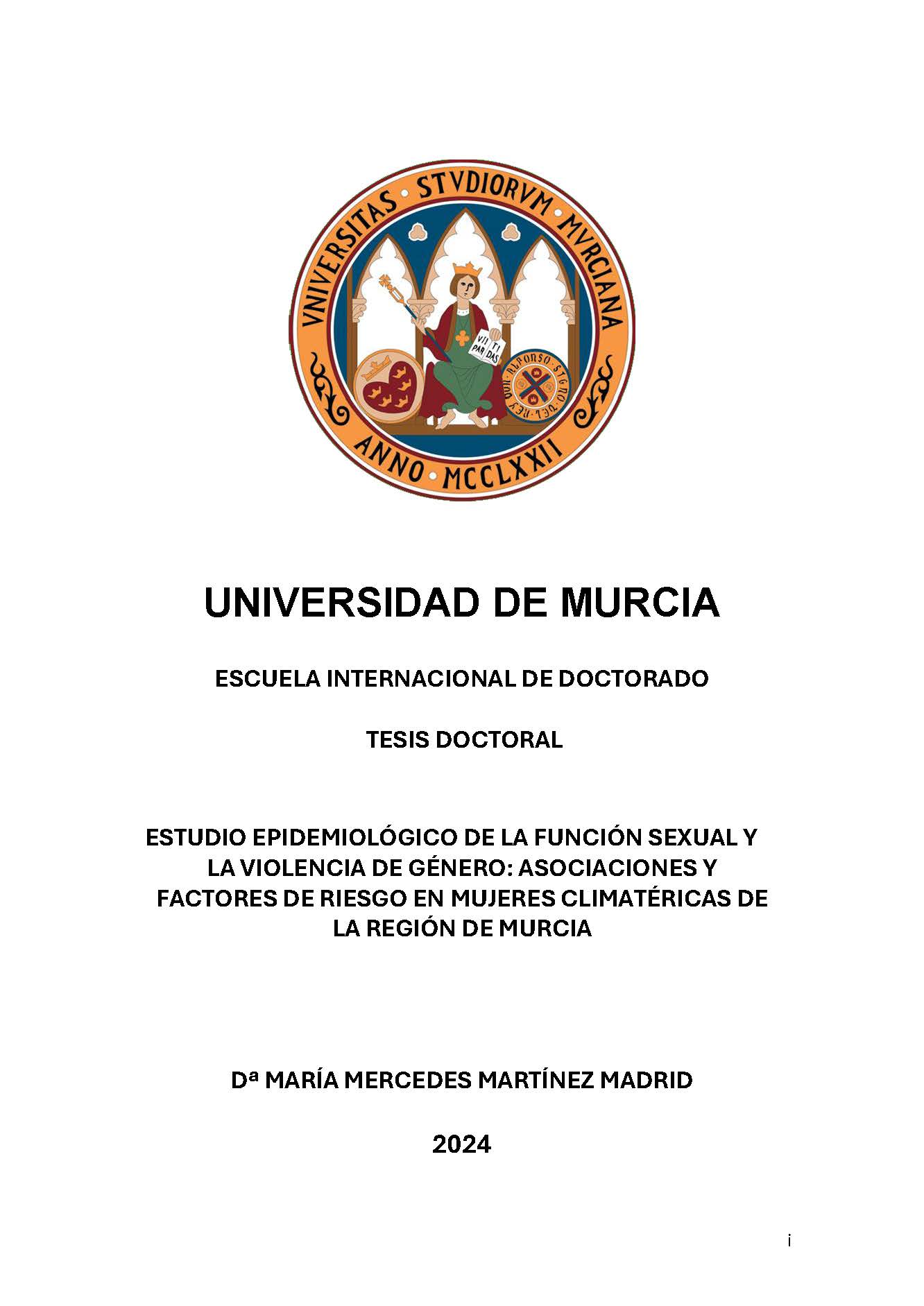Resumen
This article, based on 45 in-depth interviews carried out with Latin American women in Spain, analyses the links between migration, love and social mobility strategies, within the framework of the principal types of sex work in Spain—clubs and flats. The text shows that the distinction between love and exploitation is often fuzzy. In addition to the traditional figure of the pimp or macarra (who charges the women for their work, forces them to prostitute themselves and acts violently towards them), there are other affective relations within the framework of sex work which blur this distinction. On occasions it is family love (for children, parents, brothers), and the demand for remittances and gifts, which keep these women working, with the consequent deterioration of their labour conditions and quality of life. In contrast to the image of the prostitute as a victim of trafficking, Latin American sex workers may be defined as the active agents of their migratory, financial and affective trajectories. They create their own strategies in accordance with their dreams and projects for social mobility—either individually or as a family, and projected in the receiving country or in the country of origin. (Resumen extraído del artículo)






